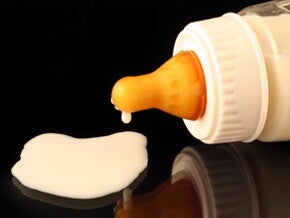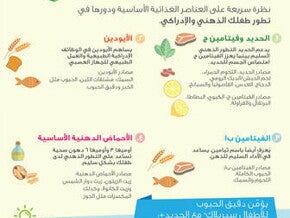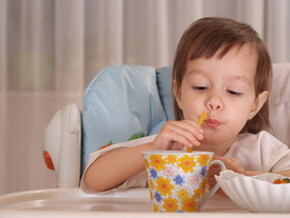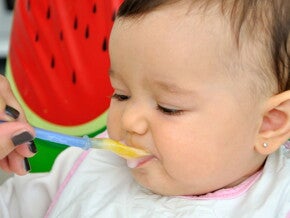
The Very Real Risks Of Consuming Too Much Protein
Dangerous Things Happen When Your Child Eats Way Too Much Protein!
IMPORTANT NOTICE: The World Health Organization (WHO) recommends exclusive breastfeeding for the first 6 months and continued breastfeeding for as long as possible. Growing up milks are formulated to meet nutrition needs of healthy young children older than 1 year and should not be fed to infants.
Protein is one of the essential macronutrients for toddlers’ growth and immunity, owing to its vital characteristics which include but are not limited to: building muscles and tissues, regulating body fluids, producing antibodies to fight illnesses and infections and stimulating biochemical reactions to turn food into energy.
Daily allowance of protein differs based on child’s caloric needs, gender and activity level, ranging between 1000 calories per day for two-year olds and a maximum of 400 calories per day for three-year olds.
That said, children between 1 and 3 years should consume protein with an average of 5 to 20% of their total daily calories, i.e. 1.1g of protein for each kilogram of their weight or 60 to 240 calories of various protein sources, primarily dairy products and meat.
Any child exceeding these levels or grams would be the most exposed among his peers to complications and side effects that may stem from Hyperproteosis, such as:
- Calcium deficiency
- Dehydration
- Renal failure
- Nausea
- Diarrhea
- Toxic build-up
- Increased risk of obesity as a result of extra protein conversion into sugar and fat.
- High levels of sugar in the blood increasing risks of fungi and nurturing malignant cells.
To keep your toddler from becoming a victim of these complications, we recommend you to pay special attention to his daily diet and make sure to provide his body with strictly sufficient amount of protein, since experts confirm that lack of this vital nutrient in your child’s body negatively affects his health and safety as much as its high level does. It is necessary to respect said levels or at least not to consume less than 13g per day of high quality protein deemed necessary for healthy growth and development.
Read More: Risks Of Iron Deficiency




















